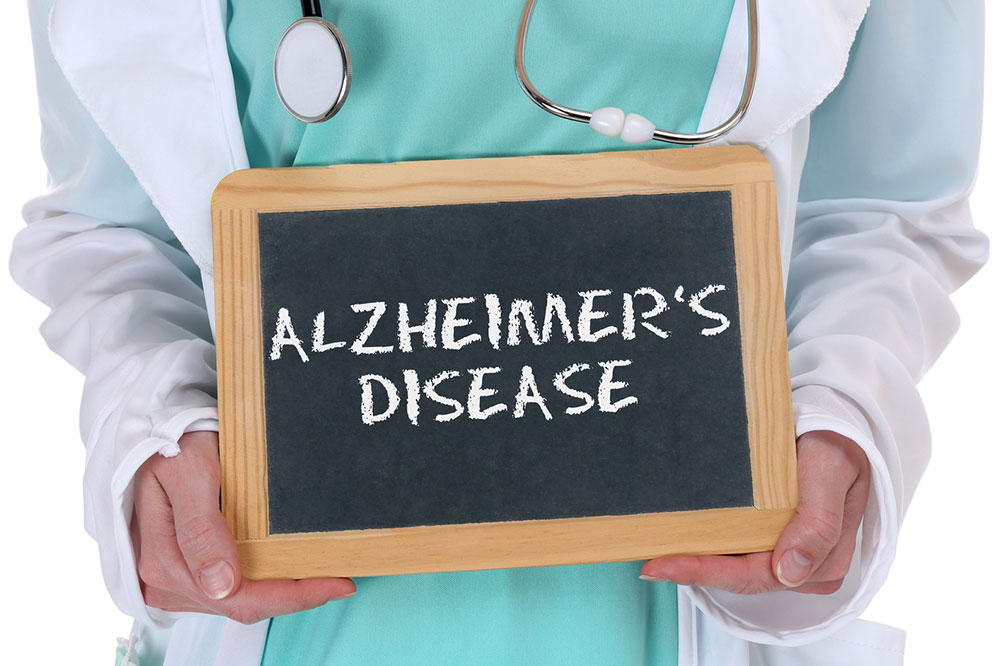Key Considerations for Supporting Individuals with Alzheimer's Disease
This article offers essential insights into Alzheimer’s disease, highlighting symptoms, causes, risk factors, and caregiving considerations. Understanding these aspects helps in early identification and improving quality of life for affected individuals. It emphasizes the importance of professional medical advice for diagnosis and management, providing valuable guidance for caregivers and families dealing with this progressive condition.

Key Considerations for Supporting Individuals with Alzheimer's Disease
Alzheimer’s disease, the most prevalent form of dementia, impairs memory, cognition, and behavioral functions. Its symptoms develop gradually, worsening over time, and in advanced stages, individuals may struggle with basic daily activities. Approximately 70% of dementia cases are linked to Alzheimer’s, which primarily affects older adults. While aging increases risk, it is not a normal part of aging. Currently, no cure exists, but managing symptoms and enhancing quality of life can slow progression.
Symptoms vary across stages. Mild Alzheimer’s lasts around two to four years before advancing to moderate and severe phases. In later stages, individuals may be unable to live independently or perform self-care. Common early signs include low energy, disinterest in activities, forgetfulness, difficulty with language, coordination issues, mood swings, and disorientation. As the disease progresses, symptoms such as delusions, agitation, and loss of physical functions emerge, leading to dependence.
Causes are not fully understood but involve complex genetic, environmental, and lifestyle factors causing brain changes like amyloid plaques and neurofibrillary tangles. These alterations lead to neuron loss and cognitive decline, eventually impairing daily life.
Major risk factors include age, family history, and genetics. Understanding these can assist in early intervention and possibly delay disease onset. Although there is no cure, awareness of these factors is crucial for managing risk.
Note: The information provided is for educational purposes only. It is essential to consult qualified healthcare professionals for diagnosis and treatment options. Do not rely solely on this content for medical decisions.










